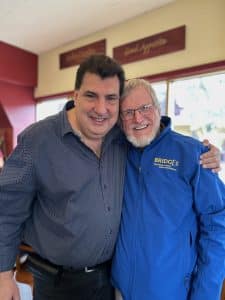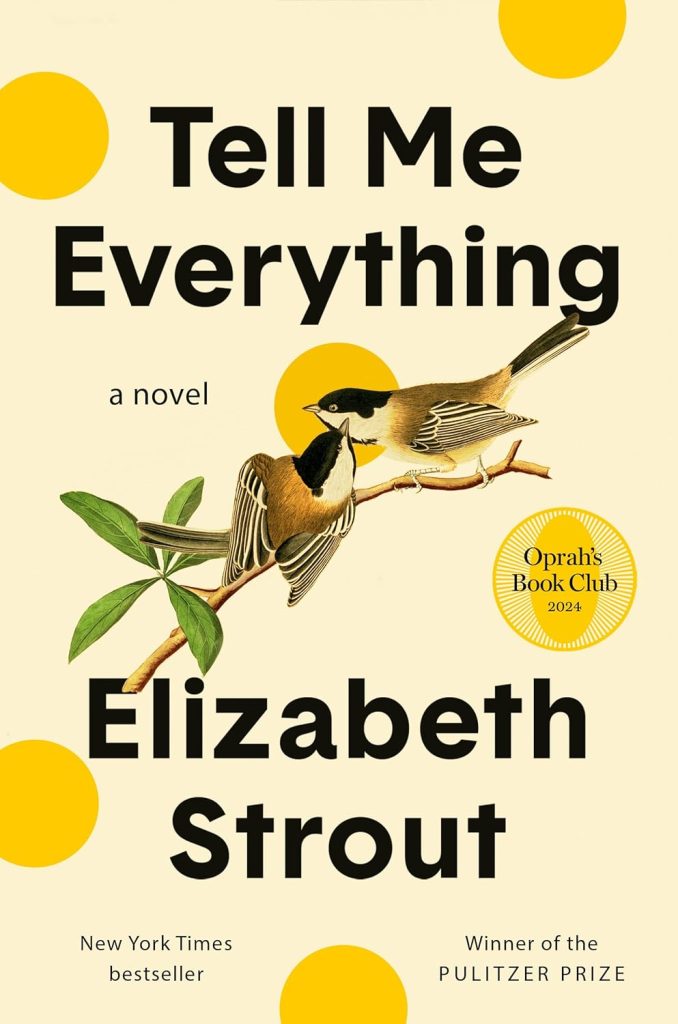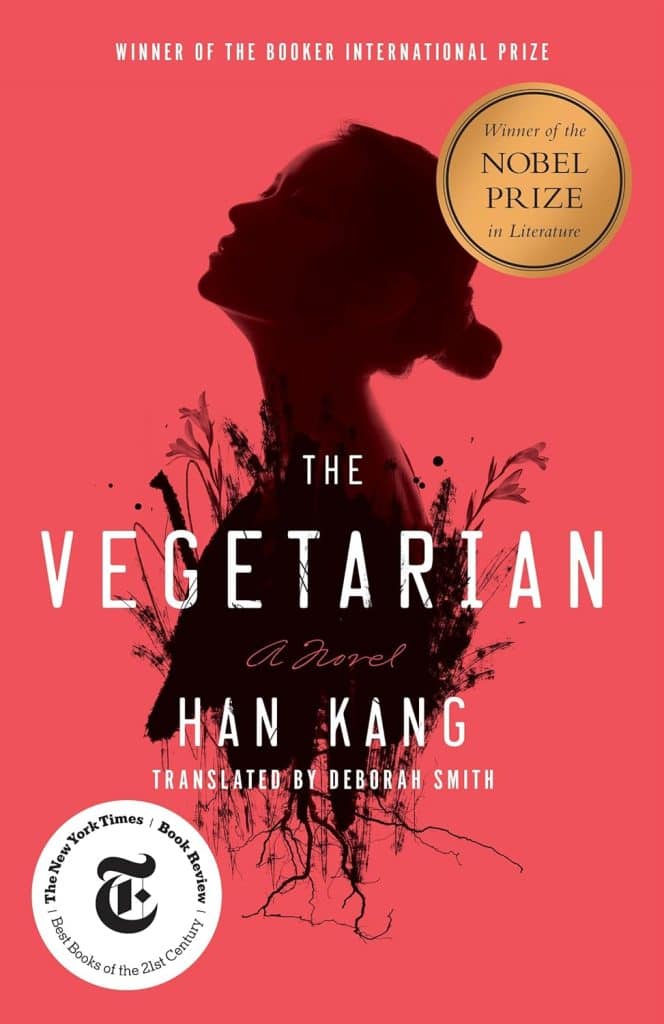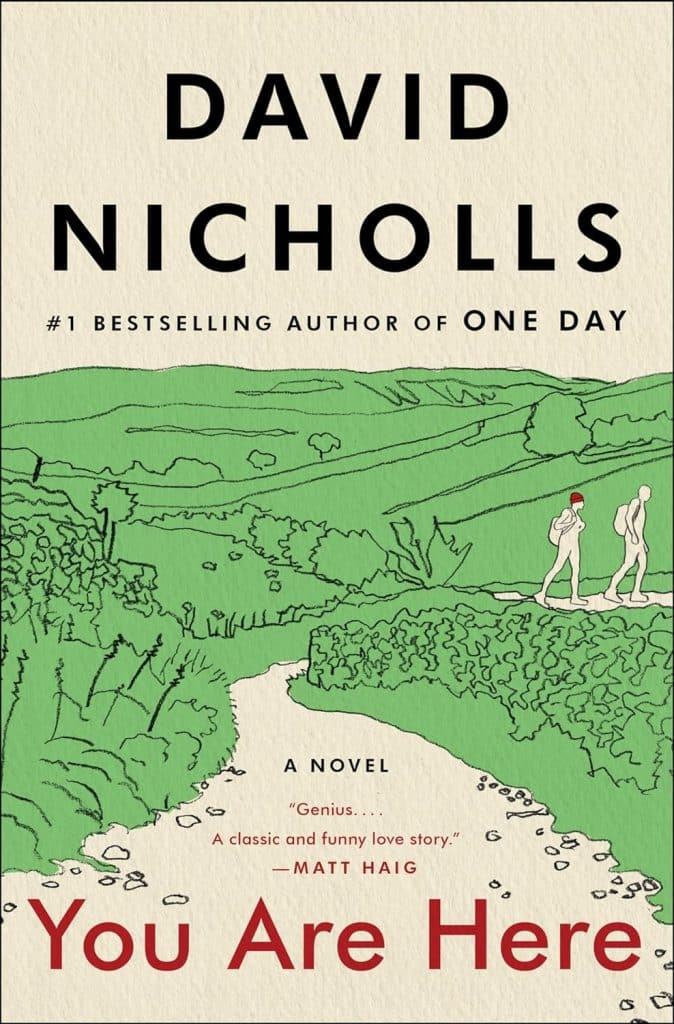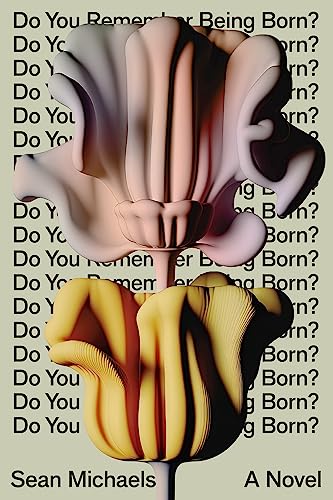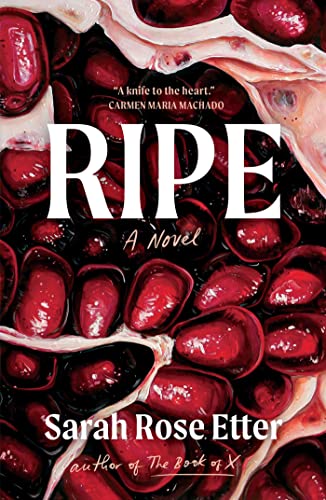My Apolytus Moment
Estimated reading time: 21 minutes, 12 seconds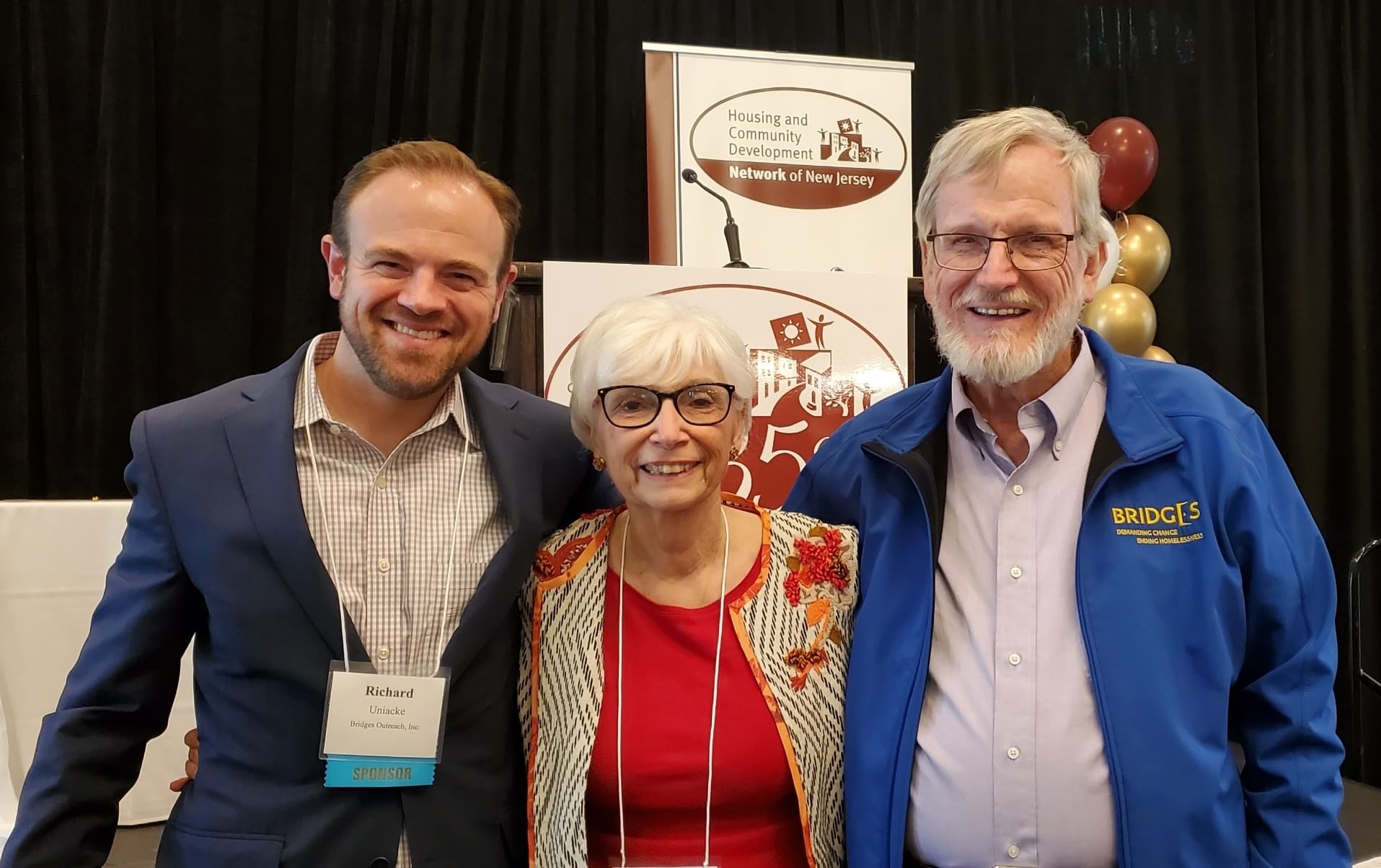
I Have Survived Grief,
and I Am OK!
Upon returning to Forsgate Country Club after a five-year absence, I immediately felt a sense of familiarity. As I entered the venue, I noticed two disoriented women standing in the foyer, trying to find their way to the Housing and Community Development Network of NJ‘s 35th-anniversary event. Despite clear signage and staff assistance, the women needed guidance on where to go. I greeted them and offered to lead them to the event. During my previous visit five years ago, I attended the organization’s 30th-anniversary event at the same venue. However, I felt disoriented and neglected at that time.
It was 2019, and I had decided to stop working full-time three months earlier. At first, I was in denial, hoping that my unemployment was just a temporary setback and that things would improve eventually. However, as time passed, I began feeling increasingly frustrated and angry with myself for being unable to stay engaged in my life’s work.
What made matters worse was that many people I had contacted had yet to return my calls, leaving me feeling disconnected and isolated with no one to turn to for support and guidance. Being seventy years old, I found myself battling depression and feeling overwhelmed by the uncertainty and lack of direction in my life.
As I wandered around looking for a place to sit, I found an open seat at a table. Once I confirmed with the non-profit director, whose organization had sponsored the table, that it was available, I sat down. I introduced myself to the other people at the table. When they asked if I had found a new position, I mumbled that I was still looking. Well,” said one of my peers sarcastically, “we could hire you as an AmeriCorps volunteer.” The other eight people laughed, and I smiled, hiding the hurtful feeling that my only option was to return to where I was fifty years ago. I kept my anger in check and hoped the event would soon end.
After the event, despite my best efforts to stay involved in various activities and projects, I could not find anything that gave me a sense of purpose or fulfillment. Instead, I felt lost and adrift, struggling to find my footing in a world that seemed to have little use for someone like me.
What is an Apolytus Moment?
We all go through moments when we realize we have changed and evolved. One way to describe this is through the term “apolytus” (ah-pahl-i-tuhs), which recognizes that we have outgrown our old problems and transformed, like a reptile shedding its skin. We can reflect on our past selves and see how different we were, knowing we have grown and moved on.
On April 2, 2024, I wrote a post titled “Three Birthday Blessings,” which reflected on three things I felt grateful for on my seventy-fifth birthday, the third one since my beloved wife, Jan, passed away. My friend Danny left a comment on that post that made me think about where I am now, five years after retiring and three years after Jan’s death.
You are an incredible person! You are a new person! A better person! Jan, although not here physically, has done so much for you!”
Danny’s words challenged and inspired me to reflect on how much I might have changed and finally outgrown my grief. Am I now ready to let go of the old version of myself and embrace a new persona? These questions have been on my mind ever since.
I want to share my personal experience of coping with grief three times in the last five years. Sometimes, it can be challenging to be honest about these experiences. In two instances, I went through all five stages of grief that Elisabeth Kübler-Ross initially identified: Denial, Anger, Bargaining, Depression, and Acceptance. However, during the third instance, I mainly focused on the stage of Meaning, which David Kessler and other grief experts identified. I found this sixth stage, Meaning, helpful in finding purpose after my loss.
Back in the Game,
Playing a New Position – April 2024
At the 35th-anniversary event of the Network, I had the pleasure of meeting many people who remembered me and my contributions to the organization. As I arrived at the registration desk, the person asked me if I was with Bridges, to which I showed my name tag and blue Bridges jacket to confirm my identity. As the board chair of Bridges, I was proud to introduce Rich Uniacke, the President of Bridges, to people who knew him but had never met him. During the introduction, I proudly shared how we had convinced Congressman Menendez to co-sponsor two high-priority bills to end homelessness and resolve the affordable housing crisis.
As the program began, I felt like a child full of energy sitting in a buzzing beehive, surrounded by inspiring individuals who had made significant contributions to the community. Although I recognized that the individuals receiving recognition were genuinely deserving, remaining seated and focused on the proceedings was challenging. After all, it’s not every day that one goes from being a nobody to becoming somebody, and I was bursting with enthusiasm.
Taiisa Kelly, who succeeded me at Monarch Housing, delivered an eloquent speech to present the award to the Supportive Housing Association (SHA). As she spoke, I relaxed and shifted my attention to the stage. Nancy Shneeloch, a board member of SHA from Bridgeway, accepted the award and said, “Richard Brown was the key person who organized SHA.” I waved my hand and stood up, proud of my contributions to the organization’s success.
As Diane Riley, SHA’s Executive Director, delivered her speech, I realized I had come a long way from where I started. I am not the same person I used to be a quarter-century ago. I am not the same person who was here five years ago. Even though I returned to the same place, I had transformed and evolved into someone new, not just a faded replica of my past self. The event reminded me how far I’ve come and the impact I’ve made on the community, and I left feeling inspired and motivated to continue working towards positive change.
After almost 48 years, I recently lost my wife, Jan Lilien. Like The Little Prince, Jan and I believed that “The most beautiful things in the world cannot be seen or touched, they are felt with the heart.” This blog is a collection of my random thoughts on love, grief, life, and all things considered.


